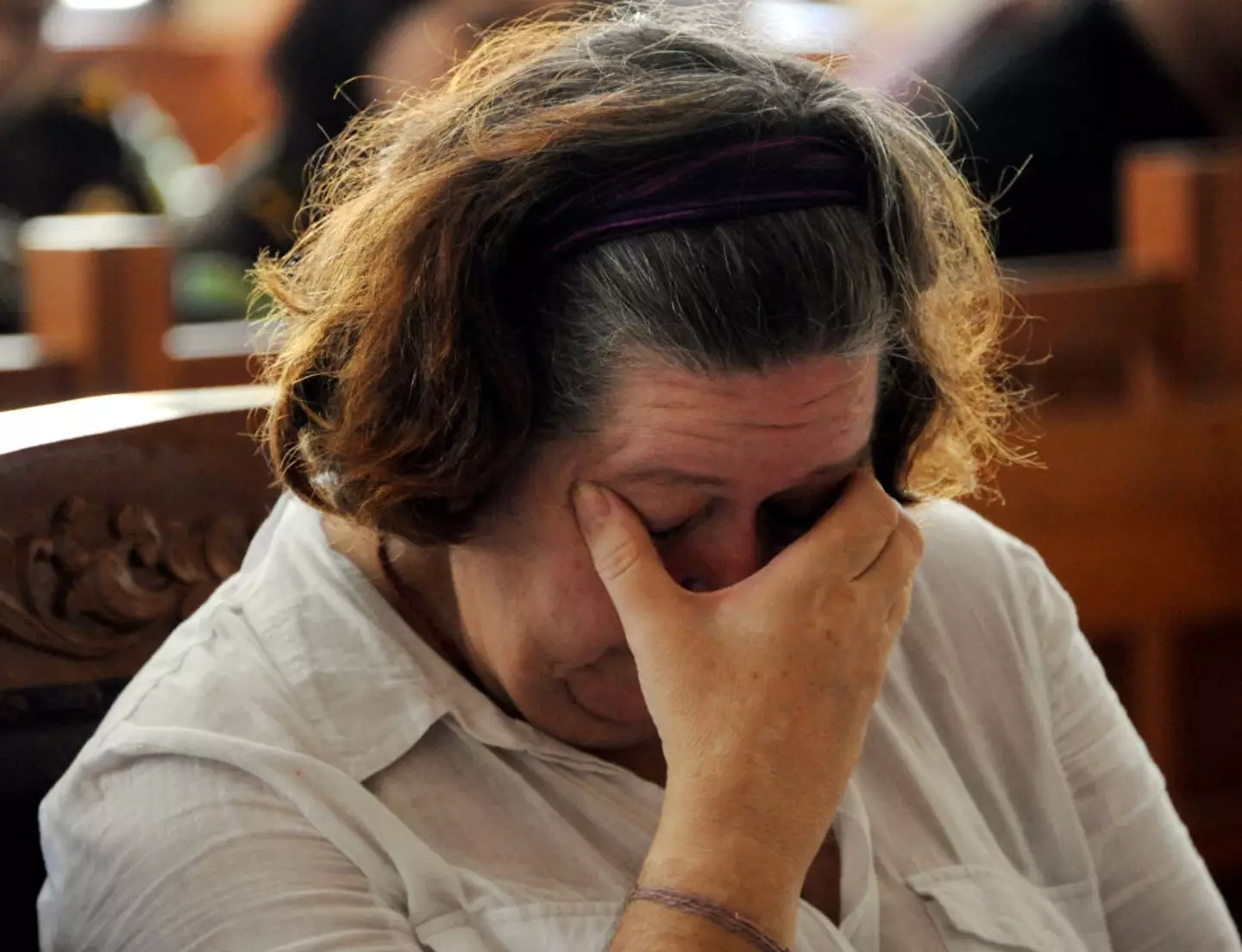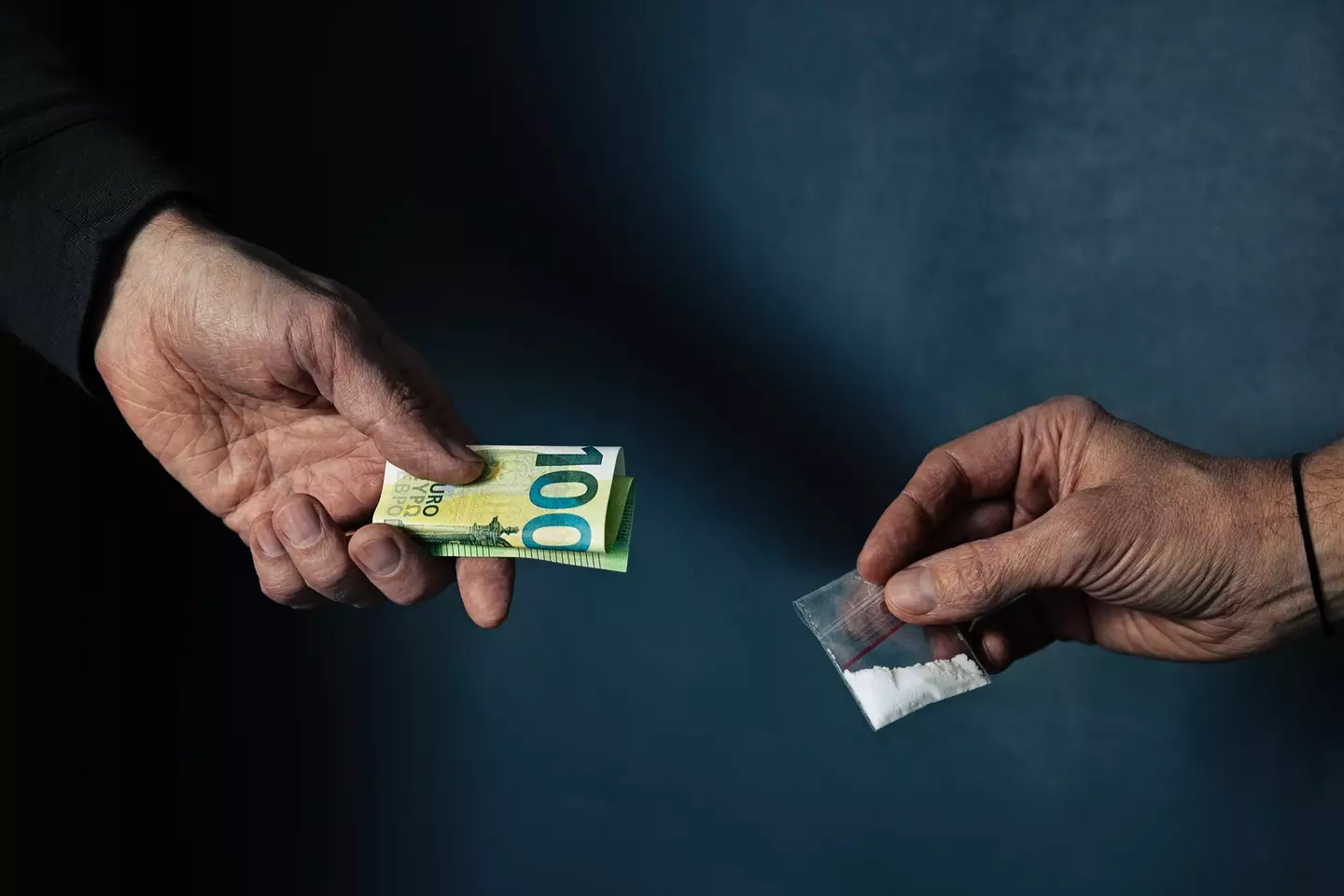
A woman who has spent more than a decade on Indonesia's death row is to face execution by a firing squad.
British national Lindsay Sandiford was caught trying to smuggle 11lb of cocaine worth around $2.1 million at Bali's Ngurah Rai International Airport from Bangkok, Thailand, in May 2012.
Sandiford, a former legal secretary, was sentenced to death row and locked up in the notorious Kerobokan prison, where she has been ever since.
The grandmother-of-three claimed she was coerced into carrying the drugs by a criminal gang that had made threats against her family. The 69-year-old also took part in a sting operation to arrest several other individuals she alleged to be part of a drug trafficking ring.
Advert
More recently, a change in Indonesian legislation presented the possibility of Sandiford's release, which led her to make a surprising move.
When it comes to any drug-related activity, the Indonesian government enforces a zero-tolerance policy, meaning that even minimal possession can result in criminal charges.

Back in 2007, Indonesia’s Constitutional Court confirmed by a 6–3 vote that the death penalty for drug offenses is constitutional.
Advert
Bali’s drug regulations fall under Indonesia’s nationwide Law No. 35/2009 on Narcotics; strict rules which apply to tourists as well as nationals.
Narcotics are split into three classes based on danger and medical use, according to the United Nations Office on Drug and Crime.
Indonesian drug laws explained
Class I
Class I drugs are high-risk, no medical use drugs such as heroin, cocaine, meth, LSD and weed.
Advert
If found in their possession, tourists could face Class I offenders face between four to 12 years imprisonment and fines of up to $550,000.
Having more than one kilograms of plant-based drugs or five grams non-plant-based drugs escalates to life in prison or the death penalty.
Class II
Class II drugs are categorized as medicinal but highly addictive, such as morphine and fentanyl.
Advert
These carry up to 10 years in prison and $350,000 in fines.
Class III
Class III are lower-risk medical substances, including codeine and buprenorphine.
Owning any of these can land you up to five years and a $200,000 fine.
Trafficking offenses

Advert
Trafficking or distributing any amount of drugs attracts even harsher sentences.
Class I dealers risk life imprisonment or death, plus fines up to $700,000, Class II traffickers face 20 years to life with fines up to $550,000, and Class III up to 15 years and fines up to $350,000 (via Bali Holiday Secrets).
What is death by firing squad?
Death-row inmates often wait many agonizing years - after losing at trial, two levels of appeal, and a presidential clemency petition - before their sentences are carried out.
Advert
Executions are carried out by firing squad under Law No. 2/PNPS/1964, which applies equally to civilians and military personnel.
Prisoners are awakened before dawn, taken to a secret outdoor location, and given a chance to make a final request, provided it doesn’t interfere with the procedure.
Blindfolded and led into a grassy clearing, the inmate may choose to sit or stand as twelve soldiers aim from five to ten meters away.
Only three rifles are loaded with live rounds - the other nine carry blanks). If the inmate somehow survives the ordeal, the squad commander must deliver a final shot at point-blank range.
Advert
The process repeats until a doctor confirms that no signs of life remain.
Topics: Crime, World News, Drugs